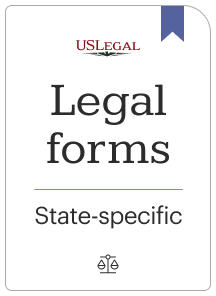

Motion and Affidavit in Support of Warrant Wisconsin Motion and Affidavit in Support of Warrant (also known as a Wisconsin Search Warrant) is a legal document used by law enforcement in the state of Wisconsin to obtain permission from a court to search a particular location, such as a home, business, or vehicle. The document must contain information about the request, including a statement of probable cause and a list of items to be searched. The motion and affidavit must be signed by a law enforcement officer, usually a police detective or sheriff, and must be approved by a judge or magistrate before the search can take place. In Wisconsin, there are two types of Motion and Affidavit in Support of Warrant: a General Search Warrant and a Special Search Warrant. A General Search Warrant allows a law enforcement officer to search any location or person for any item that is reasonably believed to be stolen, contraband, or evidence of a crime. A Special Search Warrant allows an officer to search only for one or more specific items.
Wisconsin Motion and Affidavit in Support of Warrant (also known as a Wisconsin Search Warrant) is a legal document used by law enforcement in the state of Wisconsin to obtain permission from a court to search a particular location, such as a home, business, or vehicle. The document must contain information about the request, including a statement of probable cause and a list of items to be searched. The motion and affidavit must be signed by a law enforcement officer, usually a police detective or sheriff, and must be approved by a judge or magistrate before the search can take place. In Wisconsin, there are two types of Motion and Affidavit in Support of Warrant: a General Search Warrant and a Special Search Warrant. A General Search Warrant allows a law enforcement officer to search any location or person for any item that is reasonably believed to be stolen, contraband, or evidence of a crime. A Special Search Warrant allows an officer to search only for one or more specific items.